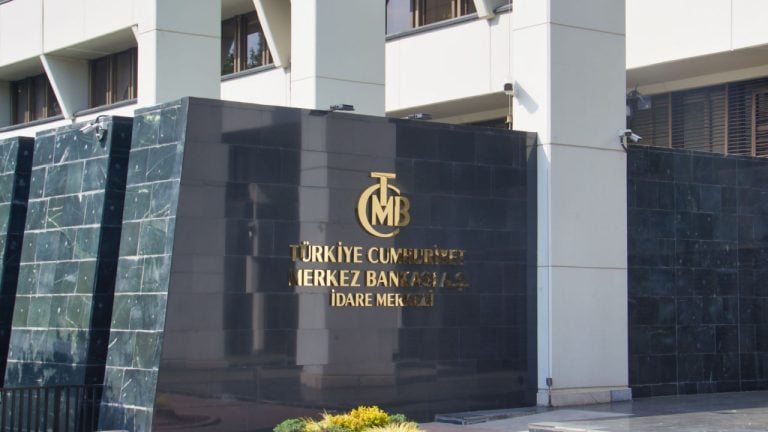
The Central Bank of the Republic of Turkey (CBRT) has conducted the first payment transactions on the test network of the digital lira. The monetary authority intends to proceed with more testing in 2023 and plans to invite banks and fintech companies to join the trials.
Turkey to Widen Participation in Digital Lira Project, Focus on Studying Economic and Legal Aspects
Turkey’s monetary authority has successfully carried out the first payment transactions on the Digital Turkish Lira Network, according to an announcement on Thursday. The operations were executed as part of studies during the first phase of the central bank digital currency (CBDC) project.
The CBRT also said it will continue to perform pilot tests with technology stakeholders in the first quarter of next year, on a limited scale and in a closed-circuit environment. The findings from these tests will be revealed to the public in a comprehensive evaluation report, it promised.
Also in 2023, the Turkish central bank intends to expand the collaboration platform for the digital lira. Selected banks and financial technology companies will be involved and advanced phases of the pilot study unveiled to further widen participation, the regulator detailed, elaborating:
Against this backdrop, the CBRT will continue to run tests for authentic architectural setups designed in areas such as the use of distributed ledger technologies in payment systems and the integration of these technologies with instant payment systems.
The bank also emphasized that examination of the legal aspects of the CBDC has shown that “digital identification is of critical importance for the project.” For this reason, the CBRT intends to prioritize studies on the legal and economic framework of the digital lira as well as its technological requirements.
The potential issuing of a “blockchain-based” version of the Turkish lira was first mentioned in President Recep Erdogan’s Annual Program in November, 2019. Two years later, the CBRT deepened research into the matter by establishing the Digital Turkish Lira Collaboration Platform to facilitate the development and testing of the CBDC with technology stakeholders.
Do you think the Central Bank of Turkey will step up efforts to introduce a digital Turkish lira? Share your expectations in the comments section below.
from Bitcoin News https://ift.tt/pxQCLDg
Comments
Post a Comment